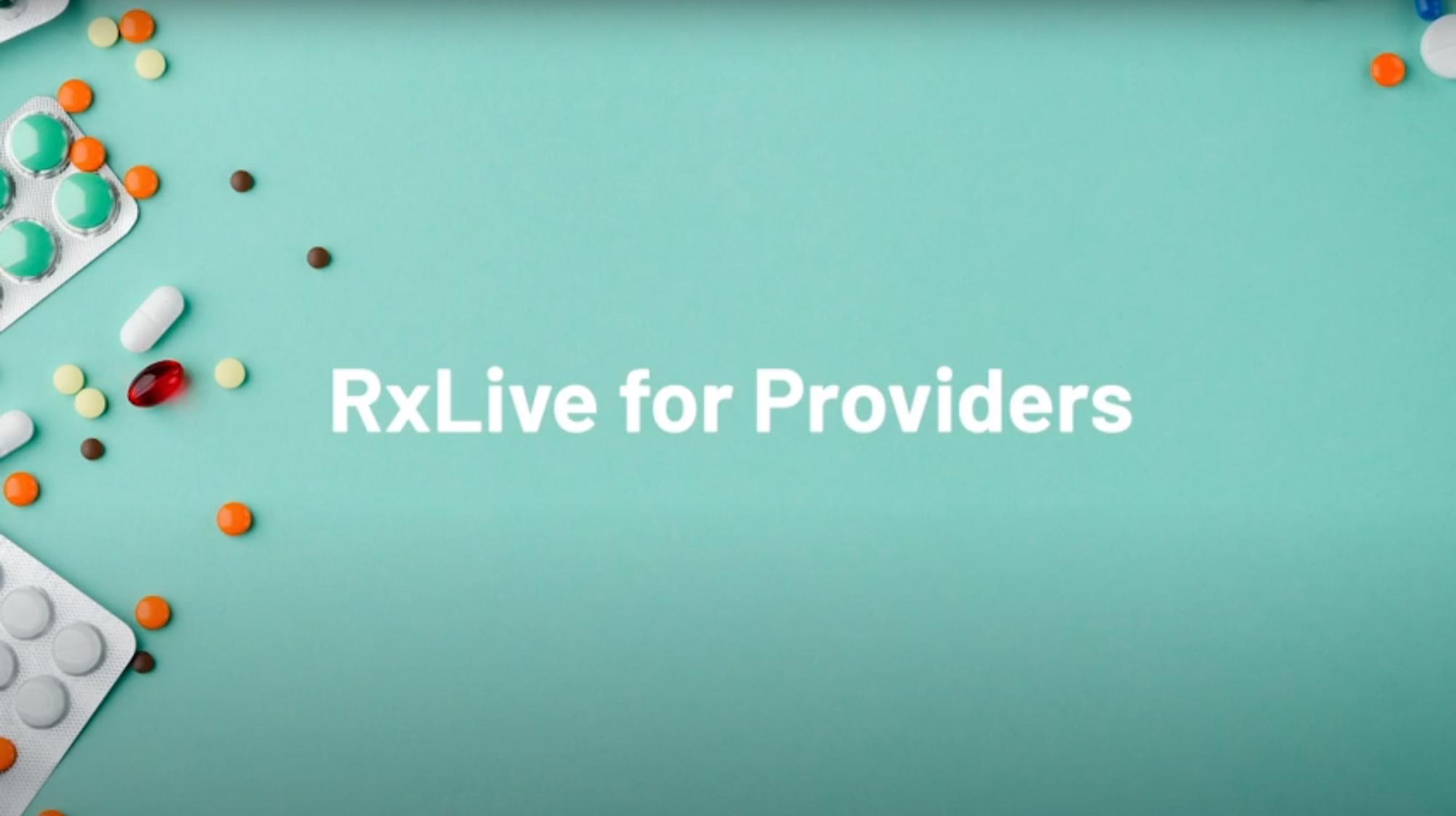

Providers Solutions
Do you need to:
- Manage a large population of patients with complex medication needs?
- Reduce inappropriate use of high-risk drugs?
- Help patients navigate the high costs of medications?
- Address gaps in your CPC+, Primary Care First or other advanced payment model strategy?
- Improve the profitability of risk- and value-based contracts?
- Hit payer STAR benchmarks related to medication adherence?
- Improve coordination post-discharge?
-
Improve medication-related quality performance?
Providers benefits
Improve medication efficacy and reduce costs across the care continuum
At RxLive®, we partner with provider organizations to help improve clinical outcomes, lower costs and improve satisfaction through pharmacist-led complex medication management. A hallmark of our process is a focus on motivational interviewing, relationship-building and solving the social determinants of non-adherence.
Our clinical pharmacists can fluently manage the whole patient (specialty and routine medications), are licensed in the patient’s state of residence, are fully accredited, and all carry personal liability insurance. We pair pharmacists one-on-one with patients, helping ensure continuity across consultations while enabling patients to build a true relationship with their “personal pharmacist.”
$180–$360
Lower cost
Average drug cost saved by patients/year after speaking with an RxLive pharmacist
25%
Deprescribe
Reduction in inappropriate drug use by speaking with a pharmacist
27%
Decrease hospitalization
Decrease in hospital admissions per year after speaking with an RxLive pharmacist
Providers Implementation
How it works
Although RxLive tailors the workflow to suit the needs of each organization, our standard procedure when working with a practice incudes:
Patient Selection
Population-level pharmacy claims and other data and analytics (RxLive.ai) drive patient selection based on clinical, behavioral and financial intervention opportunities.
Preparation
The RxLive pharmacist develops a comprehensive medication review (CMR) plan using the patient’s EHR data, Surescripts records, discharge summaries and other relevant clinical data sources.
Consultation
During the consult (which takes place either over the phone or by video chat), the pharmacist engages the patient to gather additional contextual data around the patient’s medication, supplements and other substance use. The pharmacist will also review possible drug interactions, de-prescribing opportunities and cost-saving opportunities.
Follow-up
A summary of the consult is sent to the patient and uploaded directly into the provider’s EHR. The provider can review the notes and make any necessary changes to the patient’s medication regimen.



